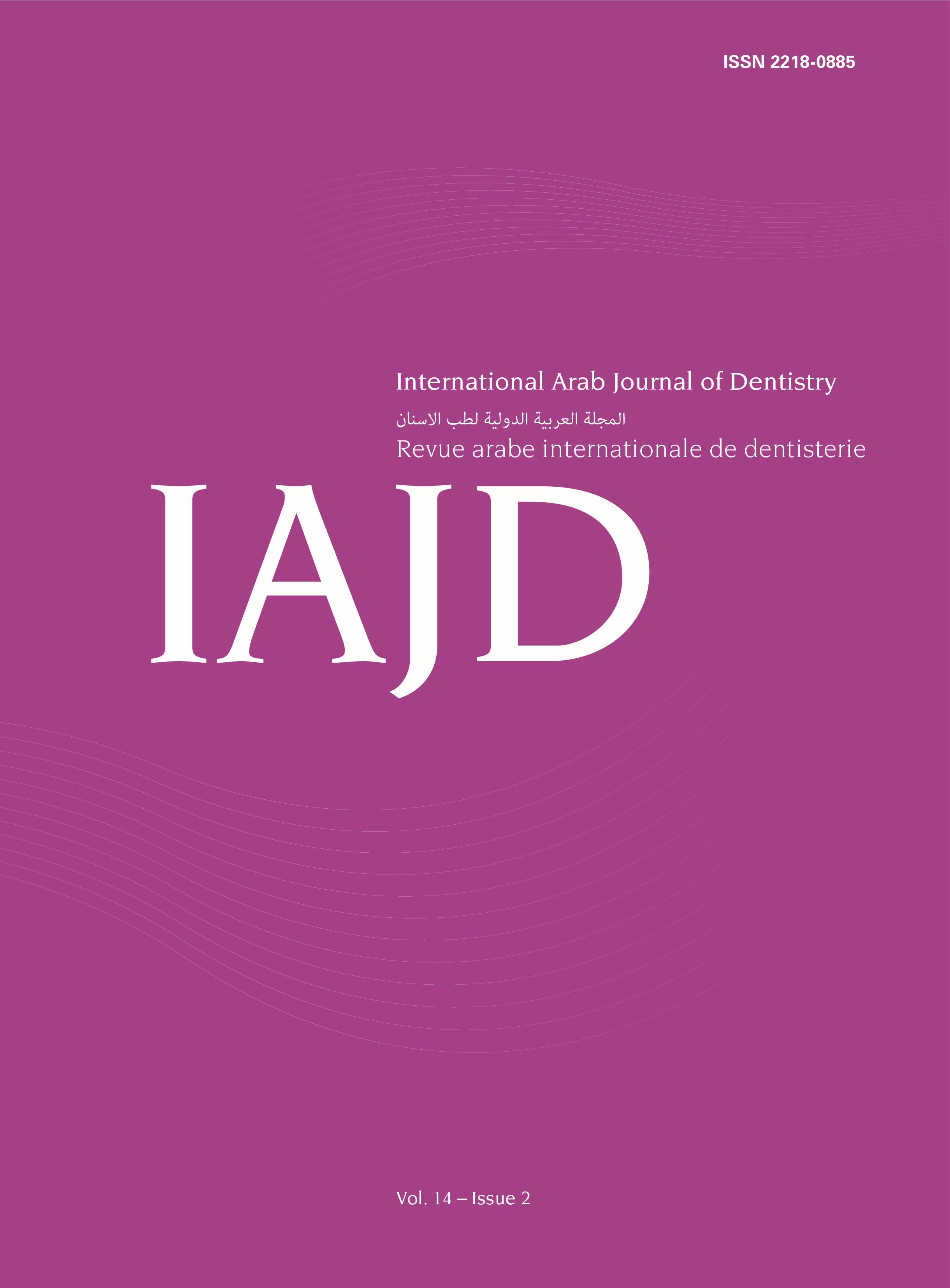Abstract
Introduction: The need of more anchorage in the orthodontic daily practice has introduced the use of temporary anchorage devices (TADs). Cortical bone thickness has been one of the major factors on the success rate of the stability of TADs. Different vertical dimension patterns can be found among orthodontic patients with potentially variable cortical bone thickness.
Aim of the study: to assess the cortical bone thickness in the posterior region of the mandible in relation to different vertical facial patterns using Cone-beam computed tomography (CBCT) and to evaluate the progressive change in the thickness of cortical bone from 4,6 to 8 mm from the crest of the alveolar bone toward the apical region.
Methods: Thirty-six participants were selected and their cephalometric x-rays and CBCTs were analyzed and compared. Vertical facial pattern was measured with the use of the mandibular plane angle and participants were grouped in 3 categories according to the measures. On the CBCTs, buccal and lingual cortical bone thickness were measured from 4,6 and 8 mm from the alveolar crestal bone and compared. All analyses were conducted using IBM SPSS Statistics for Windows, v.26 (IBM Corp., Armonk, NY, USA). The significance level was set at α = 0.05 for all statistical analyses.
Results: There was no statistically significant differences were observed between the vertical dimensions groups in terms of buccal and lingual measurements at 4, 6, and 8 mm from cemento-enamel junction (CEJ) between 44/45, 45/46, and 46/47 (P>0.05).
Conclusions: There was a progressive increase in cortical bone thickness in most of the studied groups from the alveolar crest to the apical region.

